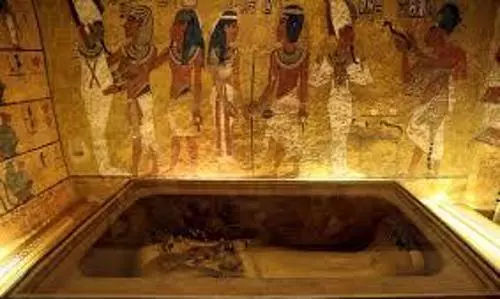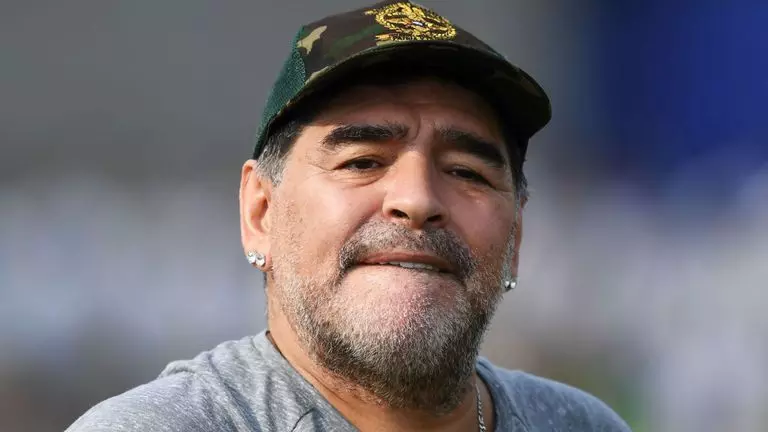
The soccer wizard with a political streak
text_fieldsThe epic that blossomed in the football turf with a signature of God, Diego Armando Maradona, whom Argentinians fondly called 'Mardu', has returned to God, immortalising himself as the biggest footballer the world has ever seen. Diego's life and achievements will surely be idolised for its wizardry of a uniquely left-footed sporting genius, as the wonder that conquered - and divided - the soccer world like the romantic characters of Latin American stories and folklore. The eventful life of Maradona, which spanned heroic idylls in the court, a no holds-barred permissive life-style together with precise political stances, is sure to put the coming generation in perennial awe. For, it is definitely doubtful if ever there will be such a man on or off the field who danced through a so tempting, and equally wild, life.
What Diego achieved, after trying his feet to break the goal net of poverty in the streets of Lanos, was a universe of fans that would tempt any athlete but would only evade him. One who entered the mesmerisingly colourful domain of football in 1977, Maradona made his march to the throne of football legend in 1986 with that unforgettable World Cup. During those moments of the goals of hand and devil in the quarter final against England, what Argentina recaptures was not only its honour that was lost with the Falkland war of 1982, but also a religion of football that got woven round Maradona ever since the days of Brazil's Pele. Those whose hearts Maradona won over, sans borders of nation or language, always express more a frenzied fanhood for Diego than mere adulation. It is that unique Maradona magic that made ordinary men and women, sports fans or not, hold dear to their chest the Argentinian flag and jersey more than their own. By the time he was able to lift the Napoli side from its second division position to the championship of Italian Serie A League and UEFA Cup, Maradona had turned into a beatified a sports icon. When FIFA elected him as one of the best players of the 20th century, that set a ball of an unending debate rolling whether the greatest legend the world had seen was Pele or Maradona.
The ball juggler who with his inimitable nimbleness and speed would baffle the defender, reigned as a dribbling phenomenon on the turf, but in his latter day soccer phase became a source of trouble in personal life. Diego, who fell victim to drugs and a permissive life-style during his Italian tenure, was even caught for using cocaine in 1991; thus, for fifteen months he was kept off the court with no place even on the reserve bench. And when during the 1994 World Cup in USA, he was booked for using stimulants, that spelt the end of hi playing career. Thus an unmatched soccer saga ended at the age of 37, also becoming in the process a text book of how drugs and wayward life can kill the world's most talented soccer star. Later, in 2008 Maradona donned a coach's attire but it did not bring much victory: the trainer's role was taken off him with his country's defeat in the 2010 World Cup. Though his life off the stadium was marked by disorderly episodes, Maradona had a political plank - a down to earth man with compassion, always on the side of the humanitarian and an artless egalitarian. A compatriot of that hero of revolutionaries of all times, Che Guevara, he also viewed Cuban leader Fidel Castro as a father figure. He talked incessantly against the imperialism of America. With a strong and public opposition to the bellicosity of George Bush, Maradona swore solidarity with Palestine.
During his visit to the Vatican, Maradona came out with outrage against the hypocrisies in charity and gender justice. Perhaps Maradona's current popularity in the Third World can be attributed as much to his anti-occupation stances and care for oppressed societies as to his sporting genius. One thing remains undeniable: even post-Maradona, sports lovers and political truth-seekers alike would continue their excursions into his life and country in search of an answer to the riddle that Diego embodied. Even at that time, the legend of Maradona will be there shining like an undefinably lustrous star, gazing at us with an innocent smile, albeit madly enraged too.
























